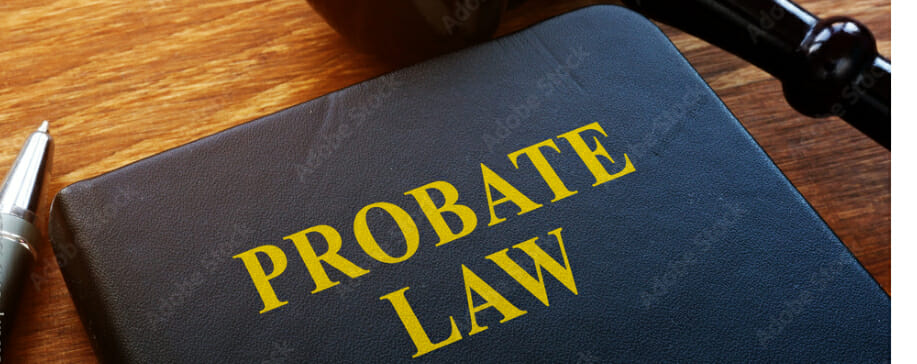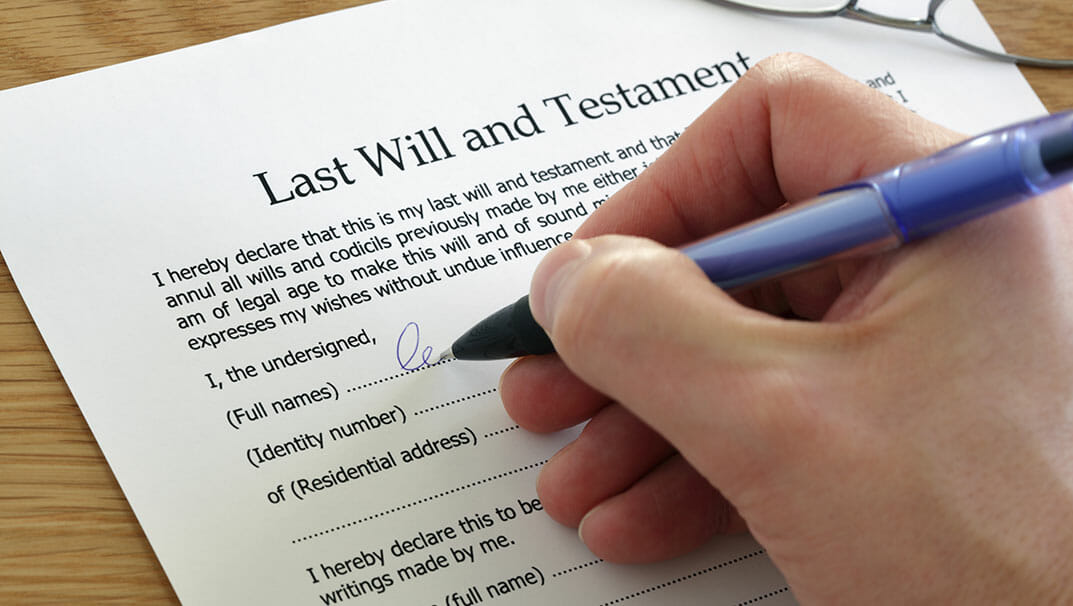Running a business isn’t for everyone. There are pros and cons about working for yourself, just like there are about working for an employer.
Entrepreneurial endeavors are not easy, and many self-employed people can benefit from filing for bankruptcy protection. Even individuals with successful businesses can experience problems with their personal finances. Although being self-employed can make a bankruptcy case more complex (often because the line between owner and consumer is blurred), it is a possible solution for those facing financial difficulties.
To ensure you have all the information you need to make the clearest, most informed decisions for your circumstances, consult the Fayette County self-employed bankruptcy attorneys at Bunch & Brock. Based in Lexington, we have over 35 years of experience advising people throughout Kentucky about how to best address their situation. If you are burdened with debt — whether you are employed, unemployed, married, divorced, self-employed, employed by another party, retired, or disabled — you need the calm competence of a skilled legal team in your corner. Contact us to schedule a consultation. Call 859-254-5522 or fill out this online form.
Income Verification
Many of the bankruptcy rules are the same whether you work for someone else or for yourself. One of the most notable differences is that self-employed individuals must provide more documentation about income. Bankruptcy petitions must have verifiable income for the six months prior to filing, which can be a challenge for those who work for themselves and do not receive a standard paycheck with deductions. Of course, the court needs an accurate picture of earnings in order to rule on a petition, but the amount of income is also essential to figuring out which type of bankruptcy would be best in the first place.
Under the Bankruptcy Abuse Prevention and Consumer Protection Act of 2005 (BAPCPA), the “means test” was introduced to determine whether bankruptcy seekers have the ability to pay off their debts in a reasonable amount of time. If so, then they are better suited to reorganization under Chapter 13 than to liquidation under Chapter 7. The test must be based on solid financial figures. So, how can a self-employed debtor prove income from the last six months and current income? Through bank statements showing check and cash deposits as well as through profit and loss documents such as:
- Check stubs from money received from clients
- Invoices or contracts showing amounts billed to clients
- Signed statements from your clients that show how much you were paid
- Most recent tax return (must include last six months).
Creditors
Working with a bankruptcy attorney can be instrumental in helping debtors protect as much of their property and livelihood as possible. For self-employed debtors, that may mean that their business can be saved, but it will not stop creditors from trying to collect. Filing for bankruptcy protection stops collections until the process is over. If you have been notified that your bills have gone to a collection agency or if you have been served with court papers, taking action results in an “automatic stay” — effectively requiring all creditors to temporarily halt collection efforts. Creditors can request to have the stay lifted by filing a motion for relief, but they have a heavy burden of showing cause. The determination to grant or deny the motion ultimately depends on the facts of each case.
If you are being pursued by creditors, know that they can attempt to garnish your wages, even though you are self-employed and don’t get a regular paycheck. Rather than a traditional wage garnishment with regular deductions, they can seek relief through a “non-earnings garnishment” or a “garnishment for property other than personal earnings.” Although the payment is only a one-time disbursement rather than each pay period, it can be up to 100 percent of a self-employed worker’s commission. This can obviously result in great hardship. A creditor’s success with this plan of attack is heavily dependent on timing and following the strict filing protocol, so it’s best to work with an experienced attorney who will recognize when the proper procedures have not been followed.
We Can Help
General explanations are useful, but should not be relied upon when determining the rights and obligations of bankruptcy. Each bankruptcy is unique, and it’s important to have an assessment of your situation in order to make certain the best path is followed. For questions regarding the advantages and disadvantages of a Chapter 7 or Chapter 13 bankruptcy, consult the experienced Lexington, KY business owner bankruptcy lawyers at Bunch & Brock. We have guided many people through the bankruptcy process efficiently and effectively. Let us put our knowledge and experience to work for you to make the best plan for eliminating or repaying your debts. We encourage you to contact our office by calling 859-254-5522 or filling out this online form.

Attorney Matthew Bunch
Matt handles complicated bankruptcies and debt restructuring in Chapters 11 and 13 for both individuals and companies. He has also negotiated with multiple creditors on behalf of his clients to avoid bankruptcy. Matt is the firm’s lead litigator and handles contract disputes, certain personal injury claims and general litigation. [ attorney bio ]
















